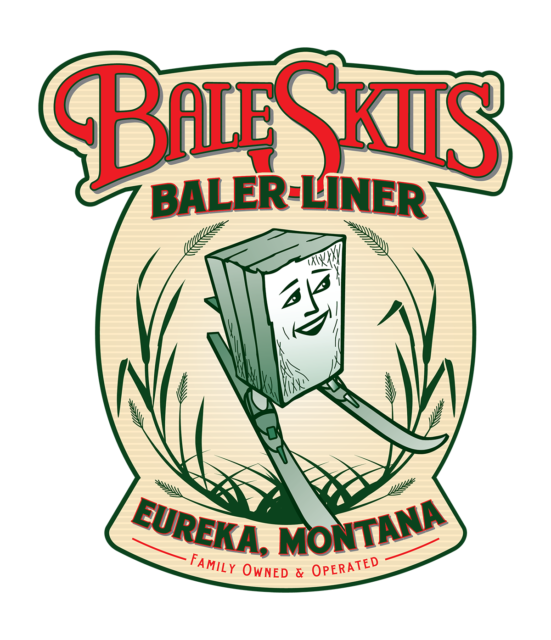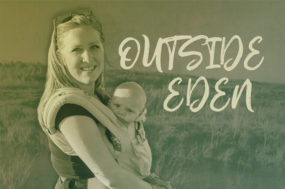The Forage Spokesperson contest is held each year at the American Forage and Grassland Council meeting. Individual farmers are nominated by state affiliate councils to present at the national conference. During their talks, producers are encouraged to discuss how forage management contributes to their overall farm objectives.
This is always one of my favorite parts of the meeting, as we, as an audience, get to hear about a diversity of ideas from forage producers in various parts of the country.
As you might imagine, there is a wide variety of forage types, growing conditions and situations represented, but from every presentation there is something to be learned.
At last summer’s meeting, Andrew Brown from the Indiana Forage Council was one of the speakers. He works for the USDA Natural Resources Conservation Service as his full-time job, but he and his family also run a small beef and sheep herd (in all his “spare time”).
He spoke about their forage operation and some of the ways they manage their crops, but there was a particular statement he made that has stuck with me ever since I heard it.
Because his time on the farm is limited, he isn’t always able to do everything he knows he ought to be able to, but he said:
“If you can only do one thing (to improve), change it, and eventually you’ll get to where you want to go....Just do something. If it works, do more of it. If it doesn’t, do something else.”
What great advice! We all want to make improvements in our lives, and often it’s so easy to make excuses for why we don’t: it’s too hard, it will take too long, I don’t know where to start or any other multitude of reasons why we sit content where we are and doing what we have always done.
This can apply in our personal or professional lives. For instance, let’s say you want to lose weight. You know you need to watch your diet and exercise, but it just feels overwhelming. There are so many things to think about, it just doesn’t seem like there’s any way you can do it all.
But what if you applied the principle above? How about instead of trying to exercise an hour every day, you just took a 15-minute walk after dinner three times a week?
Would it make a difference? Absolutely! (How does that saying go? No matter how slow you go, you are still lapping everyone on the couch.) And maybe as you saw the positive results, you could find a way to make another small change such as increasing your water consumption or eating breakfast every day.
With one small improvement at a time, eventually you will change your life.
How does this apply to your farming operation? Are there things you could do to operate more efficiently or get higher-quality forage? I dare say there are.
One example Andrew gave in his talk was equipment maintenance. He said he knows they need to go over each piece of equipment every year to make it run the way it should, but there just never seems to be enough time to get it done.
But last year, they picked one baler and did all the required maintenance and it made their season go much better.
What could you change this year to make an improvement? If you can’t think of anything, maybe one of the articles in this issue will give you some ideas.
Could you rejuvenate a thinning alfalfa stand by interseeding (click here)? Could you pay more attention to forage quality with some attention to detail (click here) and (here)? Could you invest in a new storage shed to improve bale quality (click here)? Could you do a soil test and properly apply fertilizer (click here) and (here)? And the list goes on...
I would encourage you to think of at least one thing to try during the upcoming forage season that will help you become more profitable. Don’t look at all the things you’re not doing; just focus on the one improvement you’re trying to make and see what happens. I’d be interested to hear about your results.
And, for the record, I’ll let you know how those 15-minute walks go!










